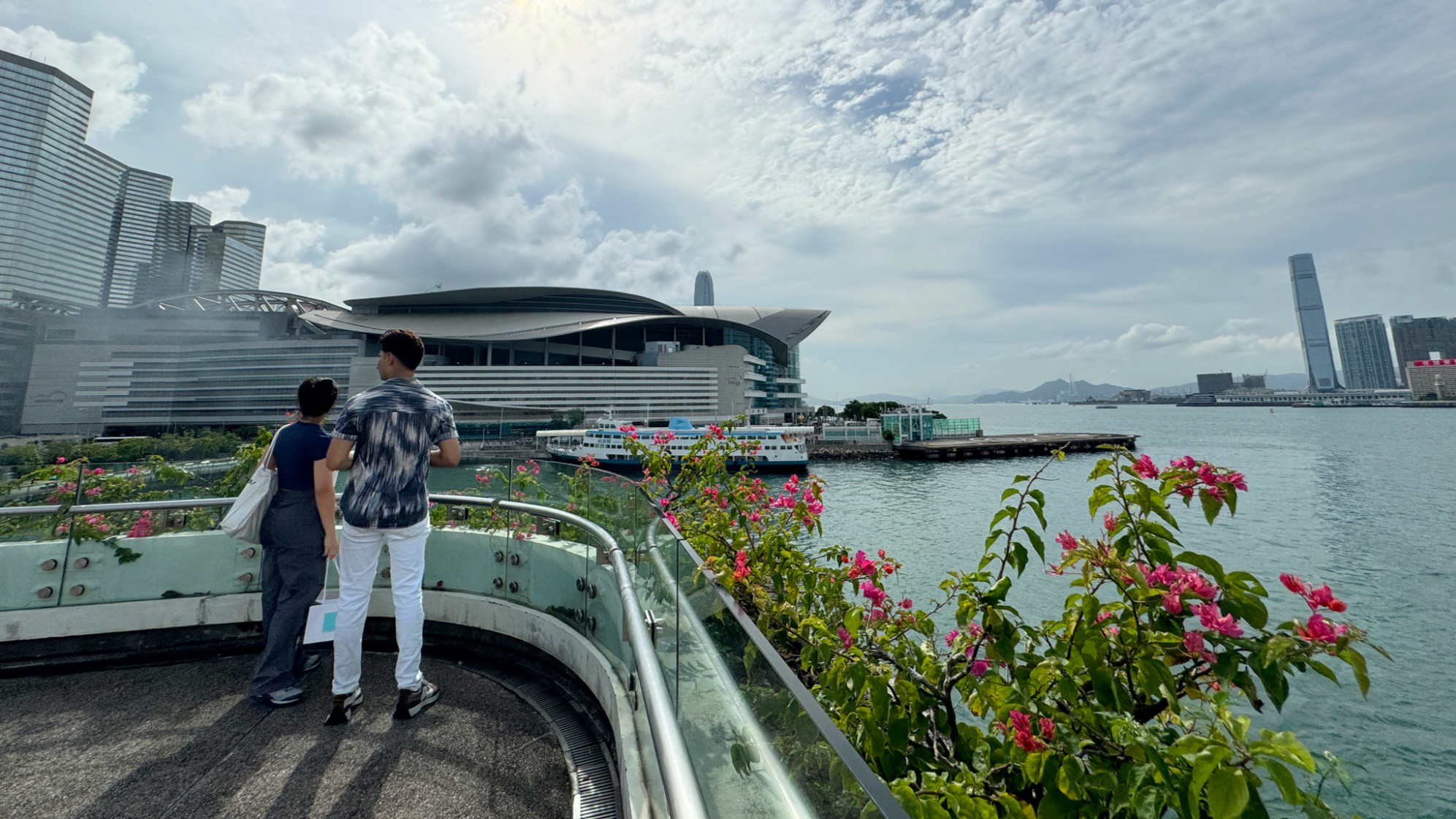
Asian private wealth is projected to reach $99 trillion by 2029, yet many of the region’s wealthiest families are unprepared for the handover of their soaring fortunes, according to a report on Tuesday.
Nearly half of the region’s first-generation wealth holders haven’t made proactive succession plans, according to research by UOB Private Bank, Boston Consulting Group and the National University of Singapore. They found that many only make plans when forced to, with 37 percent waiting for a health crisis and 43 percent acting only when business circumstances demand it.
The issue threatens more than just the family fortune, the report warns. Much of Asia’s wealth remains tied to founder-led businesses that employ millions and help anchor regional economies. Chaotic handovers have the potential to freeze assets in legal disputes, fragment family empires, and destabilize companies that have grown rapidly but lack the governance structures that many Western dynasties built over generations.
ALSO READ: Hong Kong wealth, fund assets hit $4.5t as inflows surge
The alternative to smooth succession isn’t just family drama: It’s potential market disruption across the world’s fastest growing wealth region.
“Imagine if you split the wealth evenly amongst all the children,” said Ernest Saudjana, head of Boston Consulting Group in Southeast Asia. “Once you go through certain generations, the ownership becomes so fragmented that from a governance perspective, it’s not very clear who is making the call on certain business decisions.”
The report surveyed 228 high-net-worth individuals across seven Asian markets. While 91 percent of the 46 family business founders want to keep leadership within the family, 28 percent say their heirs aren’t interested and 24 percent say their chosen successors aren’t prepared. More than a third of founders still make all wealth decisions alone, and 28 percent haven’t disclosed their wills to anyone.
READ MORE: Chan: HK's assets under management hit HK$31 trillion despite headwinds
Asian private wealth has jumped from 6 percent of the global total 25 years ago to 21 percent today, according to data from BCG. Singapore pulled in $765 billion in wealth inflows between 2019 and 2024, while Hong Kong attracted $975 billion. More than 80 percent of that is coming from within Asia.
But the researchers warn that without better succession planning, much of that wealth could erode through disputes and poor transitions, which risks turning Asia’s wealth creation story into a cautionary tale.


